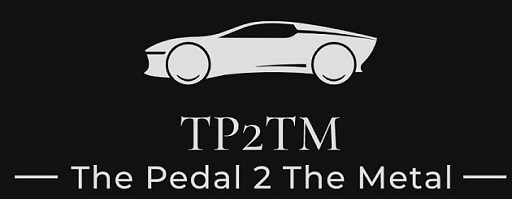The marine engine industry has been witnessing significant developments globally in recent years. With a growing focus on sustainability and efficiency, manufacturers are increasingly investing in research and development to create innovative solutions. One key trend that has emerged is the shift towards hybrid and electric propulsion systems. These technologies not only reduce emissions and fuel consumption but also offer quieter and smoother operation, enhancing the overall boating experience.
Another notable development is the integration of digitalization and smart technologies in marine engines. From predictive maintenance tools to advanced monitoring systems, these innovations are revolutionizing how boat owners and operators manage their vessels. Real-time data analytics enable better decision-making, improving performance and safety on the water.
Furthermore, there is a rising demand for smaller, lightweight marine engines without compromising power and efficiency. This trend is driven by the increasing popularity of smaller recreational boats and watercraft. Manufacturers are responding by designing compact yet powerful engines that meet the needs of this growing market segment.
In terms of industry insights, the marine engine sector is also witnessing a shift towards sustainable practices and alternative fuels. Biofuels, hydrogen fuel cells, and LNG (liquefied natural gas) are being explored as cleaner alternatives to traditional fossil fuels. This transition aligns with global efforts to reduce carbon emissions and minimize the environmental impact of marine transportation.

